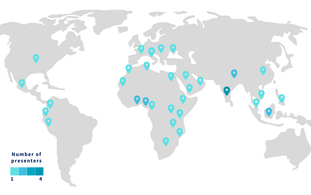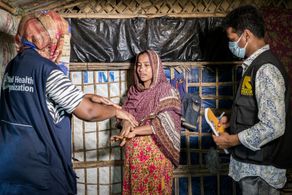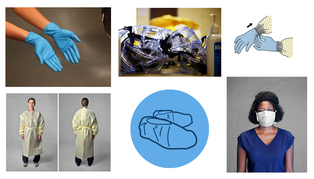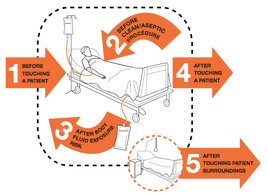
Looking for courses...
Self-paced courses
The OpenWHO team organized an online exhibition and experience-sharing event on 12 & 13 July 2023, showcasing how learners have used WHO’s free OpenWHO.org learning platform to protect public healt...
- Self-paced
- Not disease specific
- en
An increased number of women are attending health facilities for antenatal care, labour, childbirth and neonatal care. One in ten deaths associated with pregnancy and childbirth is due to sepsis wi...
- Self-paced
- Not disease specific
- Confirmation of Participation
- en
Ready4Response is a multi-tiered core curriculum that aims to develop consistent learning standards across the emergency response workforces at national level. It equips participants with essential...
- Self-paced
- Not disease specific
- Record of Achievement
- en
Ready4Response is a multi-tiered core curriculum that aims to develop consistent learning standards across the emergency response workforces at national level. It equips participants with essential...
- Self-paced
- Not disease specific
- Record of Achievement
- en
Personal protective equipment (PPE) is specialized clothing worn by healthcare personnel (HCP) for protection against infectious materials. PPE is a safety element used in healthcare delivery that ...
- Self-paced
- Not disease specific
- Record of Achievement
- en
Transmission-based Precautions, when used alongside Standard Precautions, can stop or slow the spread of known or suspected infections. This course will cover the main modes of transmission, what p...
- Self-paced
- COVID-19
- Record of Achievement
- en
Most health care-associated infections are preventable through good hand hygiene – cleaning hands at the right times and in the right way. The WHO Guidelines on hand hygiene in health care support ...
- Self-paced
- COVID-19
- Record of Achievement
- en
According to WHO, about 85% of the total amount of waste generated by health care activities is general, non-hazardous waste. The remaining 15% is considered hazardous material that could be infect...
- Self-paced
- COVID-19
- Record of Achievement
- en
The health care environment contains a diverse population of microorganisms and can be a reservoir for potential pathogens. If environmental cleaning is not performed correctly, then environmental ...
- Self-paced
- COVID-19
- Record of Achievement
- en
Following safe injection practices is key to preventing the spread of infection during health care delivery. Unsafe injection practices include: unnecessary injections, reusing needles and syringes...
- Self-paced
- COVID-19
- Record of Achievement
- en
This comprehensive intermediate level course is for clinicians caring for patients with suspected or confirmed Ebola virus disease (EVD). Modules provide information on screening and triage, infect...
- Self-paced
- Ebola
- en
Enroll for
Before you can be enrolled for the course, you have to read and agree to the course producer’s disclaimer.









